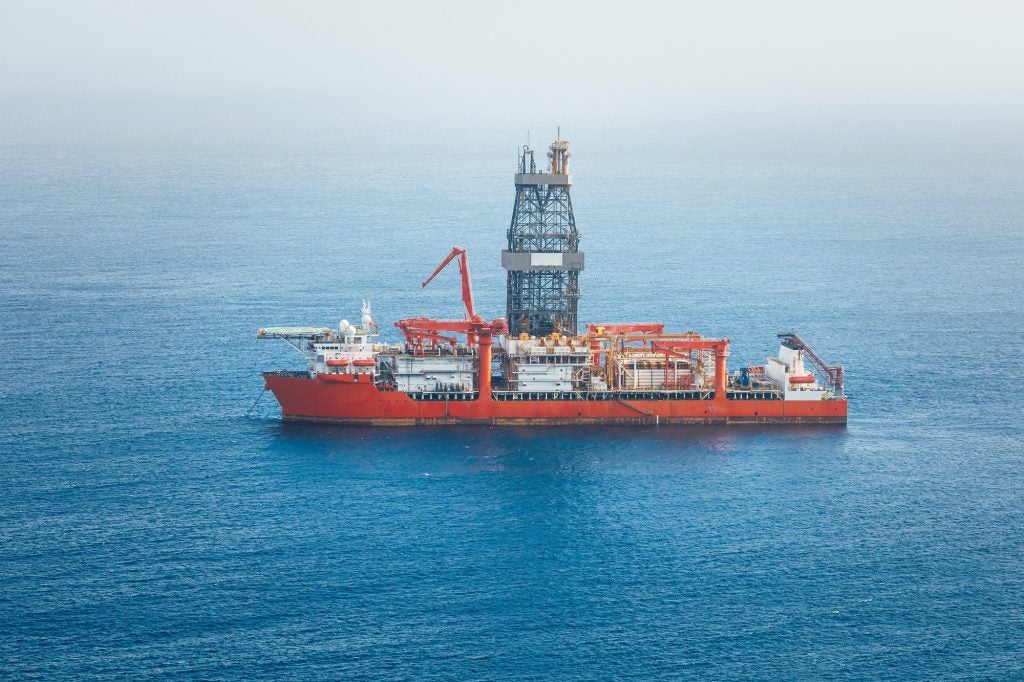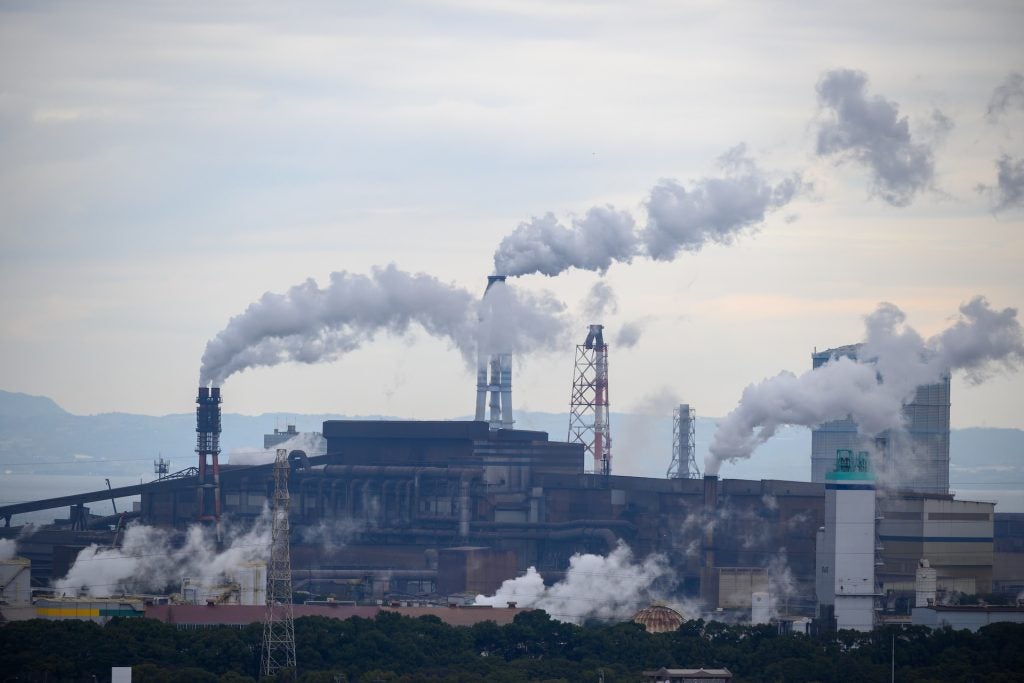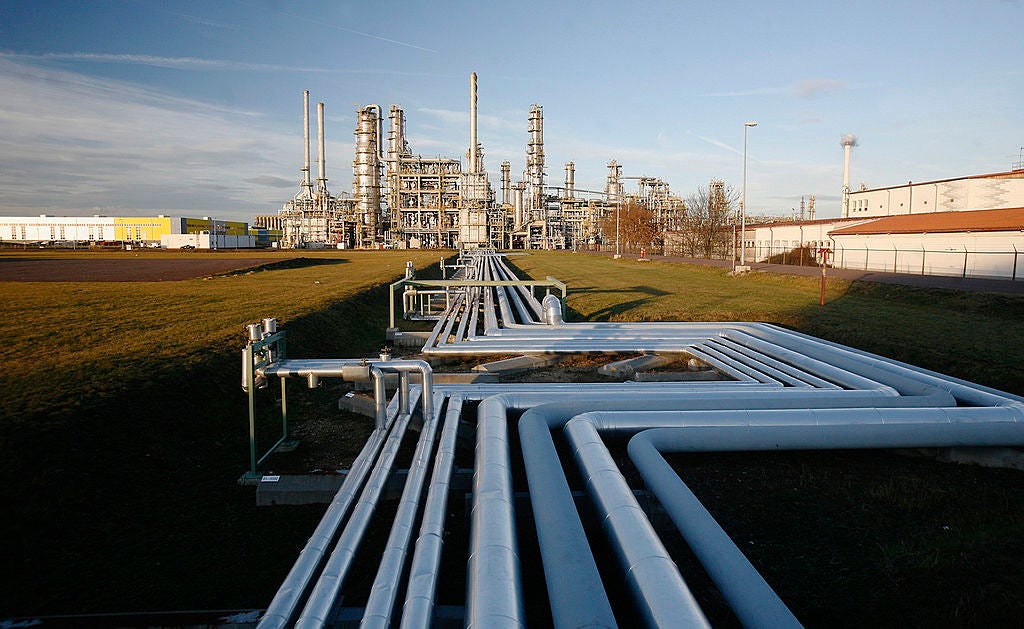Canada’s Trans Mountain oil pipeline expansion project could face a delay of nine months if regulators do not approve a route alteration request, reported Reuters.
Due to a last-minute route conflict, the multibillion-dollar pipeline, which was supposed to start operating in the first quarter of 2024, is now experiencing delays and increased costs.
Government-backed Trans Mountain Corp (TMC) is building the C$30.9bn ($22.7bn) pipeline, which will carry an additional 590,000 barrels of oil sands petroleum to Canada's Pacific Coast every day.
TMC has requested that the Canada Energy Regulator (CER) approves the modified route on a 1.3km portion located south of Kamloops, British Columbia.
According to TMS, the alternative path avoids micro-tunnelling construction, which is not technically and economically feasible.
However, the Stk'emlupsemc te Secwepemc Nation (SSN) First Nation, an indigenous group on whose territory the pipeline passes, opposes TMC's proposal to instead install the pipeline via a different location close by, using horizontal directional drilling and a traditional open trench.
In a letter to the CER outlining the "worst-case" scenario, TMC stated that if compelled to proceed with the construction of a micro-tunnel along that portion of the route, pipeline completion may be delayed until December 2024 and cost an additional C$86m.
The company said that the micro-tunnel could be finished as early as April.
The SSN First Nation, however, asserted that the sites that TMC plans to take over as part of the route diversion have "profound spiritual and cultural significance".
The route deviation request will be subject to a regulatory hearing in Calgary next week.
The oil pipeline is expected to significantly improve Canada's capacity to export crude to the west coast of the US and Asia once it is fully operational.
However, the expansion project from Alberta to the Pacific Coast has been plagued by years of delays, and will cost more than four times what was originally projected.
Last month, it was reported that the Canadian Government is considering selling its stake in the Trans Mountain oil pipeline to indigenous groups.
The original Trans Mountain Pipeline was built in 1953 and begins in Alberta and terminates on the West Coast of British Columbia in Burnaby.
The Canadian Government approved the Trans Mountain expansion project in 2019.















